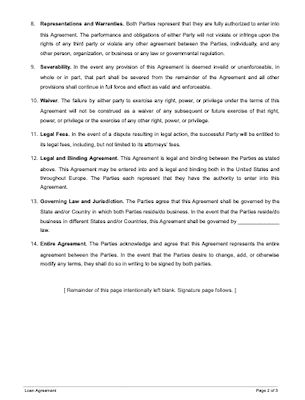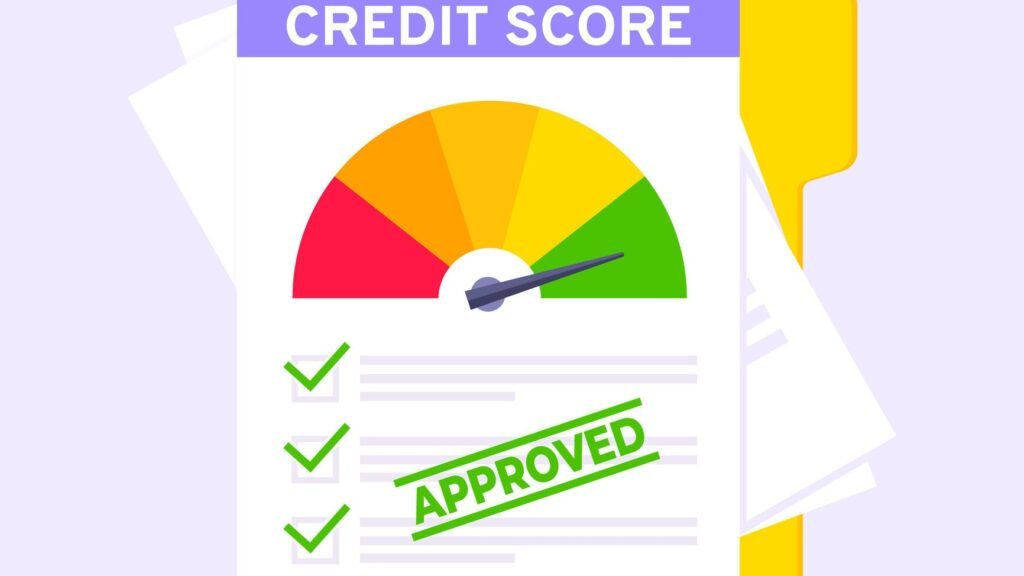
Understanding Borrower Rights: A Comprehensive Guide
Borrowing money is a common practice for individuals and businesses alike. As a borrower, it is crucial to understand your rights in order to protect yourself and make informed decisions. This comprehensive guide aims to provide you with a clear understanding of the key elements of borrower rights in legal contracts, the importance of loan agreements and contractual obligations, and the role of consumer protection laws in protecting your rights.
One of the key elements of borrower rights is the identification and understanding of all terms and conditions outlined in legal contracts. Loan agreements spell out the specific terms of the loan, including the amount borrowed, interest rates, repayment schedules, and any associated fees or penalties. By carefully reviewing and fully comprehending these contractual obligations, borrowers can ensure that they are aware of their rights and responsibilities throughout the borrowing process. Additionally, loan agreements are legally binding documents, so it is important to be aware of the consequences of breaching any terms or failing to meet repayment obligations. By understanding the significance of loan agreements and contractual obligations, borrowers can make informed decisions and protect their rights in any borrowing situation.
Key Elements of Borrower Rights in Legal Contracts
In legal contracts, there are key elements that protect the rights of borrowers. One such element is the inclusion of clear and transparent terms and conditions. These terms and conditions outline the obligations and responsibilities of both the borrower and the lender, ensuring that all parties involved have a common understanding of their rights and obligations.
Furthermore, legal contracts should also include provisions for dispute resolution. This is essential as it allows borrowers to seek fair resolution in case of any conflicts or disagreements that may arise during the term of the loan. By including a clear process for dispute resolution, borrowers can have confidence that their rights will be protected and that any disputes will be handled in a fair and impartial manner.
Overall, the key elements of borrower rights in legal contracts focus on ensuring transparency, fairness, and clear guidelines for all parties involved. These elements provide borrowers with a sense of security and assurance that their rights will be upheld throughout the duration of the loan agreement.
The Importance of Loan Agreements and Contractual Obligations
Loan agreements and contractual obligations play a crucial role in ensuring a fair and transparent relationship between borrowers and lenders. These legal documents serve as the foundation for the terms and conditions of the loan, outlining the rights and responsibilities of both parties involved. By clearly defining the expectations and obligations of borrowers, loan agreements provide protection and accountability for both parties.
One of the primary benefits of loan agreements is that they provide borrowers with a comprehensive understanding of their contractual obligations. These agreements outline the terms of repayment, including the interest rate, payment schedule, and any additional fees or penalties that may apply. By clearly outlining these obligations, borrowers can better manage their finances and plan for successful repayment. Moreover, loan agreements ensure that both parties understand and agree upon the terms of the loan, reducing the potential for misunderstandings or disputes in the future.
In summary, loan agreements and contractual obligations play a vital role in protecting the rights of borrowers and lenders alike. These legal documents provide a clear and transparent framework for the loan relationship, ensuring that both parties understand their rights and obligations. By adhering to the terms outlined in these agreements, borrowers can maintain a positive credit history and ensure a successful financial future.
Protecting Your Rights: The Role of Consumer Protection Laws
Consumer protection laws play a crucial role in safeguarding the rights of borrowers. These laws are designed to ensure fairness in the borrower-creditor relationship and provide a legal framework that protects borrowers from unfair practices. One important aspect of consumer protection laws is their ability to regulate the terms and conditions of loan agreements, ensuring that borrowers are not subjected to exploitative or predatory lending.
Consumer protection laws also provide mechanisms for redress and dispute resolution. In case of any grievances or disputes, borrowers can seek recourse through avenues such as consumer protection agencies or legal courts. This serves as a means to hold creditors accountable for any violations of borrower rights and provides a platform for borrowers to assert their rights and seek justice.
Overall, consumer protection laws act as a shield for borrowers, ensuring that they are treated fairly and have access to remedies in case of any wrongdoing. By understanding their rights and the protections offered by these laws, borrowers can navigate the borrower-creditor relationship with more confidence and security.
Exploring the Rights and Responsibilities of Borrowers
Borrowing money is a common practice that individuals and businesses engage in to meet their financial needs. Whether it is for purchasing a home, funding a business venture, or covering unexpected expenses, borrowers enter into agreements with lenders to obtain the necessary funds. However, it is essential for borrowers to understand their rights and responsibilities in these transactions to ensure fair and transparent dealings.
One of the key rights that borrowers have is the right to be fully informed and educated about the terms and conditions of the loan. Lenders are required to disclose all relevant information relating to the loan, including interest rates, fees, repayment terms, and potential penalties. This allows borrowers to make informed decisions and understand the financial implications of the loan. Additionally, borrowers have the right to access documentation and records pertaining to their loan, providing them with a level of transparency and accountability. By exercising these rights, borrowers can protect themselves from potential exploitation or unfair practices.
Navigating the Borrower-Creditor Relationship: Legal Frameworks
Navigating the Borrower-Creditor Relationship: Legal Frameworks
The borrower-creditor relationship is governed by a complex web of legal frameworks. These legal frameworks provide the necessary guidelines and regulations to protect the rights and interests of both borrowers and creditors. Understanding these legal frameworks is essential for borrowers to assert their rights and navigate the borrowing process smoothly.
One important aspect of the legal framework is the disclosure requirements imposed on lenders. Lenders are obligated to provide borrowers with clear and accurate information about the terms and conditions of the loan. This includes the interest rates, repayment schedules, fees, and penalties. By law, lenders must disclose this information in a way that is easy to understand, allowing borrowers to make informed decisions about their borrowing options. These disclosure requirements empower borrowers to compare different loan offers and choose the one that best fits their needs.


